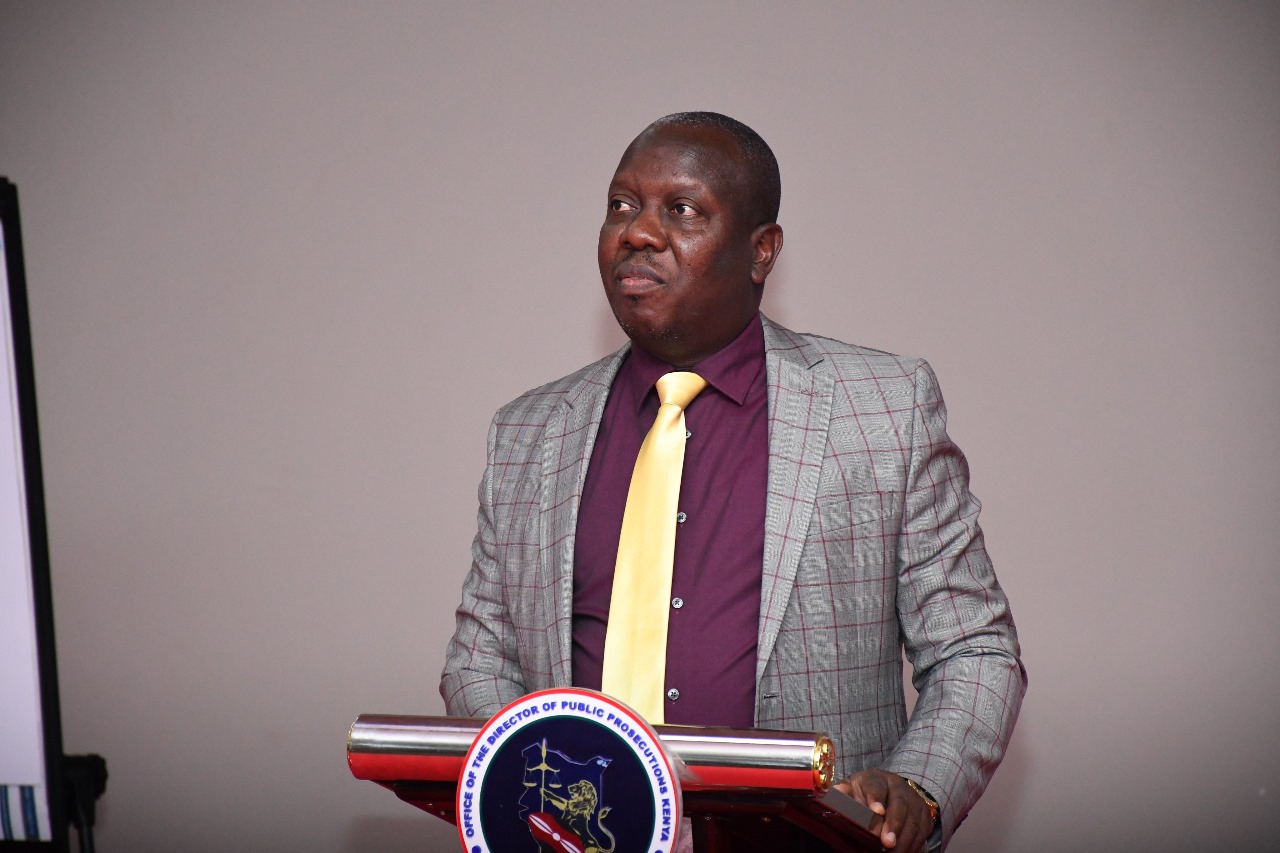

Four individuals have filed a petition with the Public Service Commission
(PSC) seeking an inquiry into the conduct of the Director of Public
Prosecutions (DPP), Renson Ingonga, over the handling of a case involving their
arrest.
The petitioners—Josephine Chirondo Ndune, Ekra
Wambui Ndung'u, Davies Lawrence Bennett, and Farah Akbar—through Ngugi Mwaniki
& Co. Advocates, claim that their arrest and prosecution in Mombasa in
February 2025 raised legal and constitutional concerns.
According to the petition, the four were arrested on the night of February 12, 2025, in Bamburi, Mombasa, and held at a local police station.
They allege that they were denied access to legal counsel
and communication during the arrest.
They further state that their rights under
Article 50 of the Constitution, including the right to legal representation and
consular services for two foreign nationals among them, were not observed.
The petitioners also claim that no Occurrence
Book (OB) entry or formal complaint was recorded prior to their arraignment.
They were later charged at the Shanzu Law Courts under Criminal Case No. E144
of 2025 and released on bail.
They say that they raised their concerns in
letters sent to the Office of the Director of Public Prosecutions on March 19
and 20, 2025, and in a follow-up letter dated April 7, 2025. According to the
petition, they had not received a response by the time of filing.
The petition questions whether standard
procedures were followed in evaluating the evidence and filing the charges. It
further argues that the steps outlined in the Office of the Director of Public
Prosecutions Act were not fully adhered to before the decision to prosecute was
made.
The petition also notes that since their
arraignment, the petitioners have faced challenges, including restrictions on
movement and access to medical care.
Additionally, the petition refers to the
Commission for University Education (CUE), citing concerns over whether a legal
representative who participated in the matter held a valid practising
certificate at the relevant time. The petitioners have requested that the
appropriate authorities look into this issue.
In response, the ODPP acknowledged receiving
the petition and asked to be furnished with a physical copy to facilitate a
formal reply.
“To enable the DPP to respond substantively, please avail a physical copy of the petition,” reads a letter from the ODPP, which also provided an email for an advance copy.
The PSC is expected to review the petition and determine whether it meets the threshold for proceedings under Article 158 of the Constitution, which outlines the process for the possible removal of the DPP from office.












